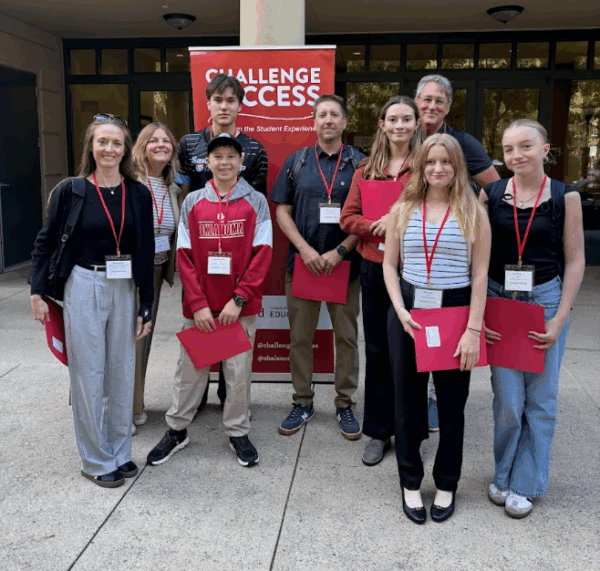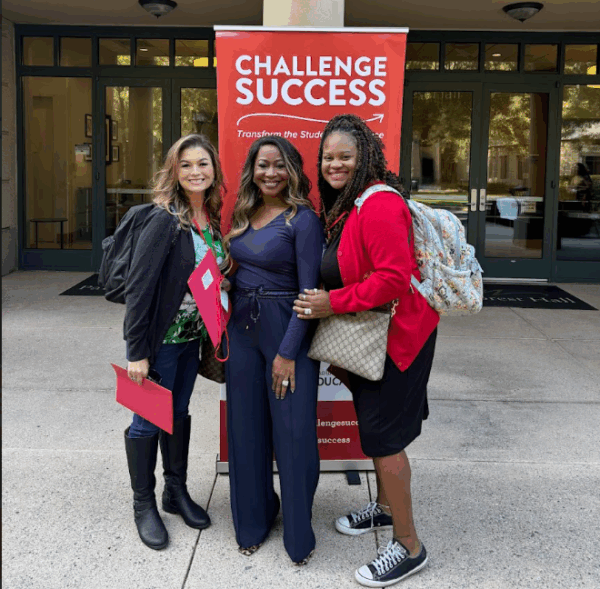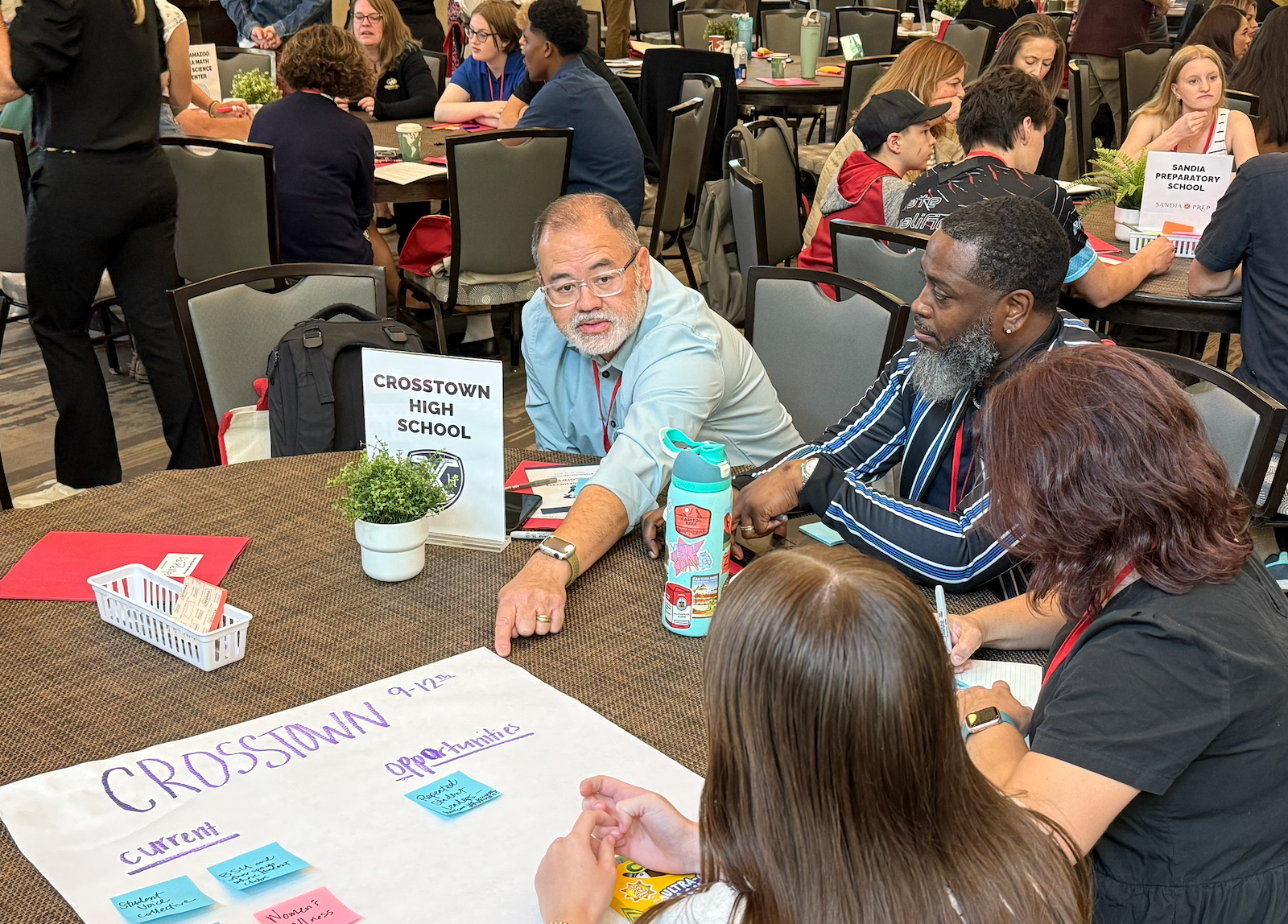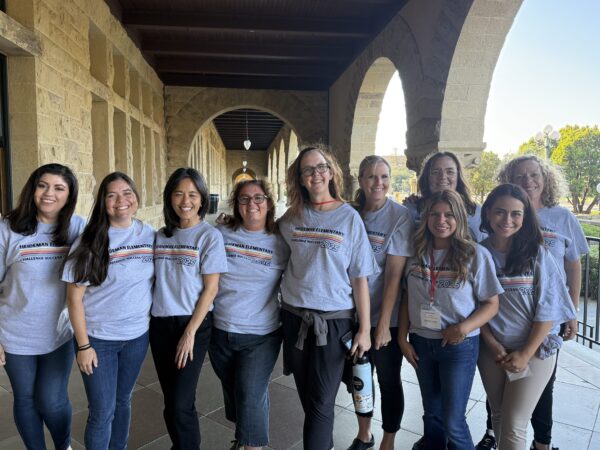To further enhance the impact of our School Partnership, we are thrilled to be introducing several dedicated cohorts that will leverage the Challenge Success Change Process to investigate specific areas of focus in the schooling experience.
From creating student-centered cell phone policies to exploring AI use in schools, learn about this year’s cohorts and how they hope to improve the student experience together!
Call Me Maybe Cohort

Focus: The Call Me Maybe Cohort is a fully grant-funded opportunity for schools (grades 6-12) to co-create cell phone policies that center student voice and well-being. With financial support from the Young Futures Call Me Maybe funding challenge, this cohort will co-design a cell phone policy to implement in 2026-27 and contribute to a toolkit for other schools to learn how to create their own cell phone policies that center student voice and well-being.
School Partners: La Cañada High School (California), Sandia Preparatory School (New Mexico), Legacy Magnet Academy (California)
Academic Engagement Cohort

Focus: Following the pandemic, student disengagement has been receiving increased attention as schools work to recover from learning loss. Rooted in our commitment to equity, the Academic Engagement Cohort is designed to expand access for historically underserved students and strengthen academic engagement outcomes across three participating schools. Each of these schools serves a student population in which at least 40% are economically disadvantaged and/or students of color.
School Partners: Weiss High School (Texas), Jane Macon Middle School (Georgia), Wallis Annenberg High School (California)
Character + AI Cohort

Focus: In this cohort, Challenge Success and the Stanford Graduate School of Education are working with three high schools as school partners to specifically explore the impact of AI on student character development. This cohort will explore various pressing questions and considerations, such as how concerns about ethical AI use can be turned into opportunities to develop students’ moral reasoning, critical thinking, and overall engagement with learning. This project was made possible through support from the John Templeton Foundation*.
School Partners: Arkansas School for Math, Science, and the Arts (Arkansas), Miss Porter’s School (Connecticut), Crosstown High School (Tennessee)
*This project was made possible through the support of Grant #63355 from the John Templeton Foundation. The opinions expressed in this publication are those of the author(s) and do not necessarily reflect the views of the John Templeton Foundation.
Elementary School Cohort

Focus: In order to achieve our vision of educational systems that help students lead healthy and balanced lives, we must begin our work with schools and families earlier in their educational journey. The new Elementary School Cohort is designed to give young learners a stronger foundation for success by equipping school teams with the tools, data, and strategies needed to support students from the very start of their academic paths.
School Partners: Heideman Elementary School (California), Phillips Brooks School (California), Weilenmann K-8 School of Discovery (Utah)